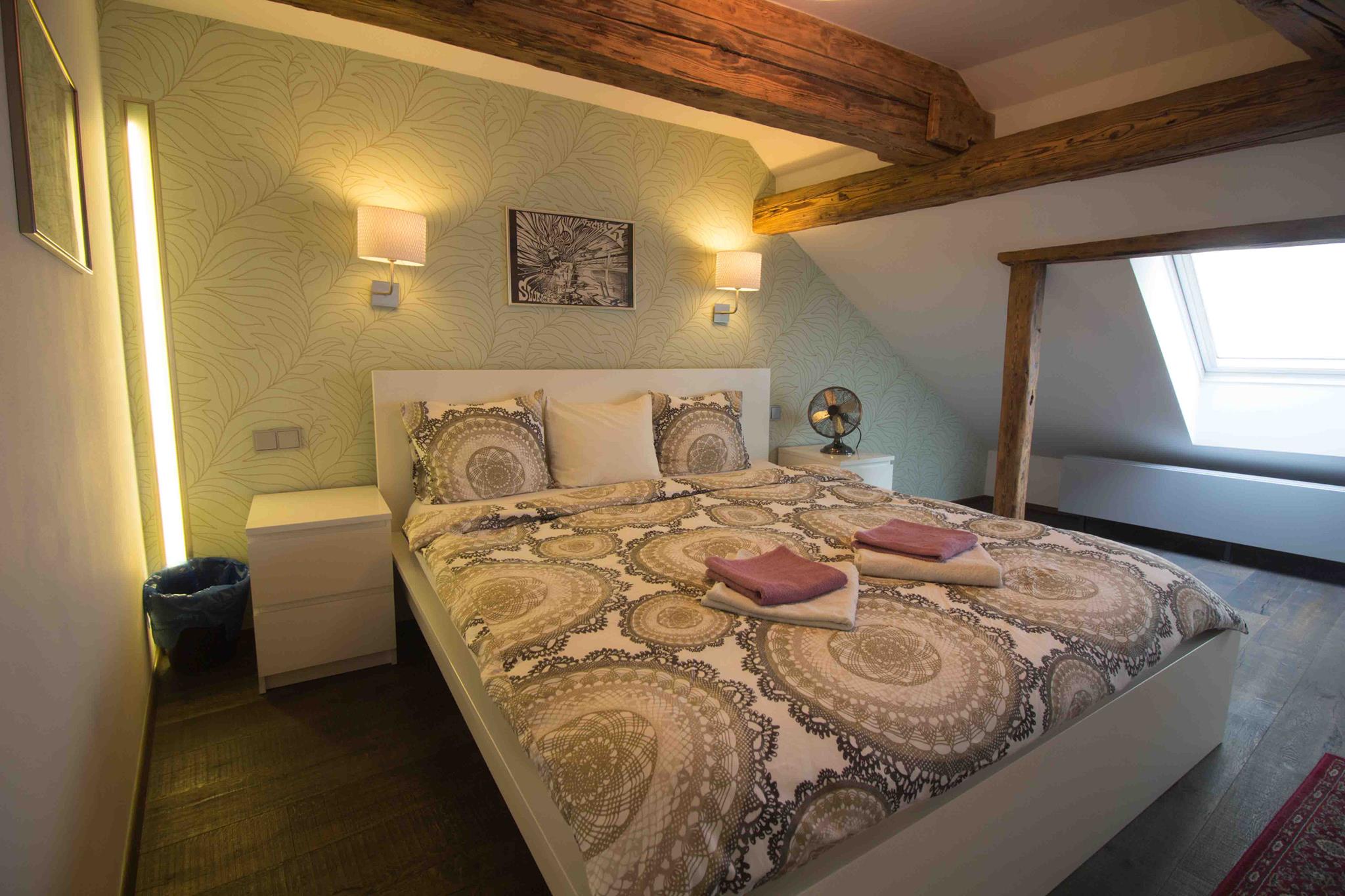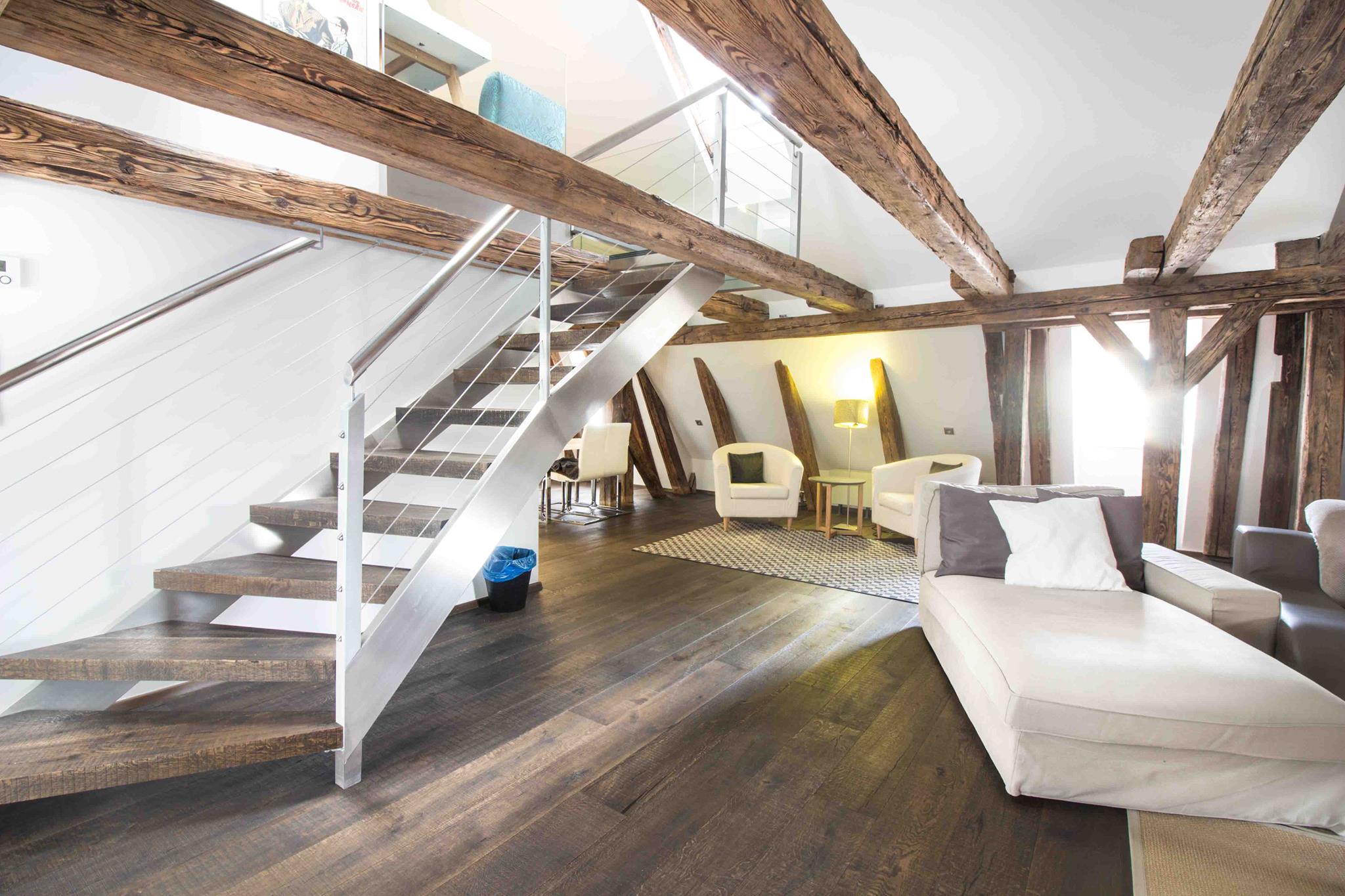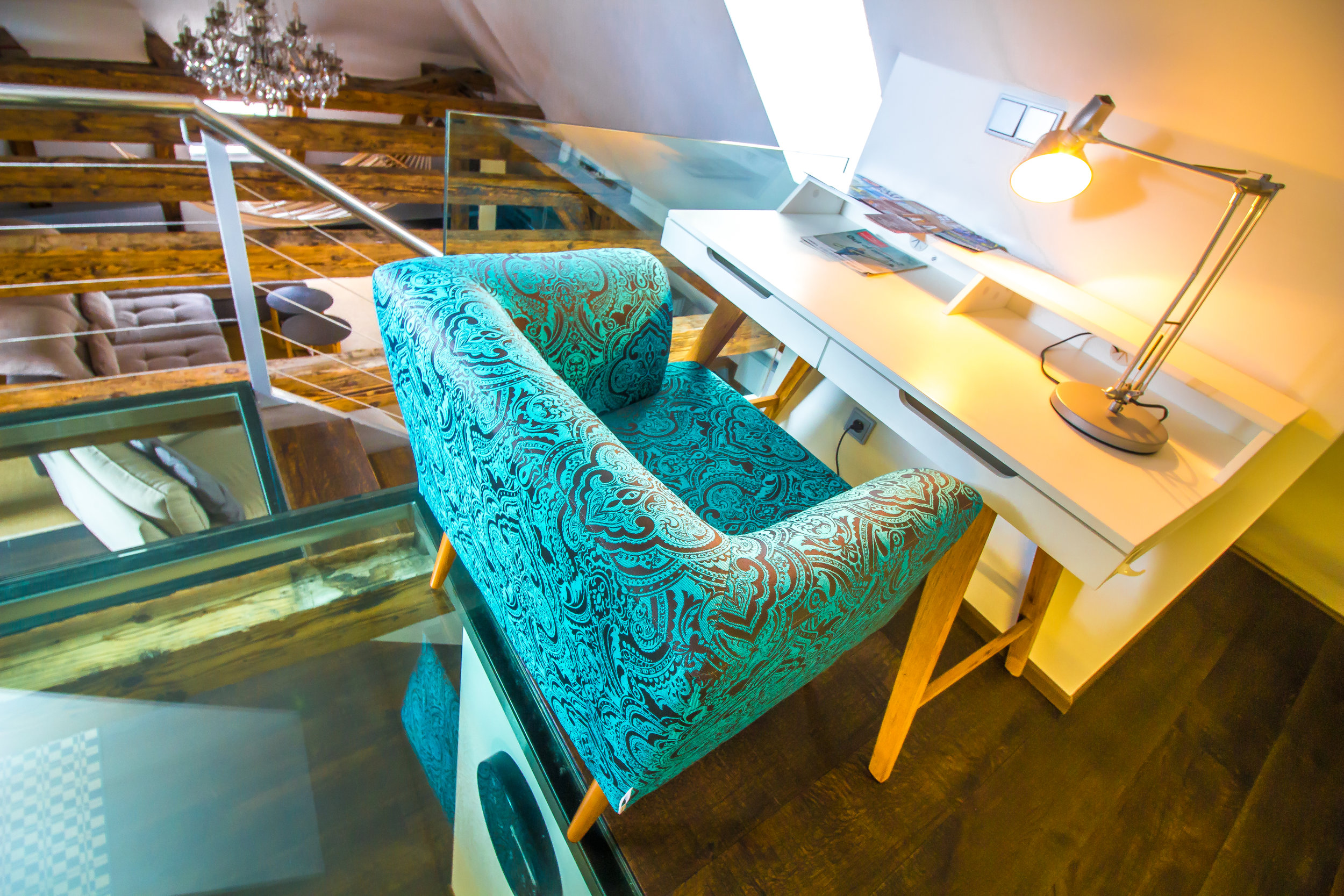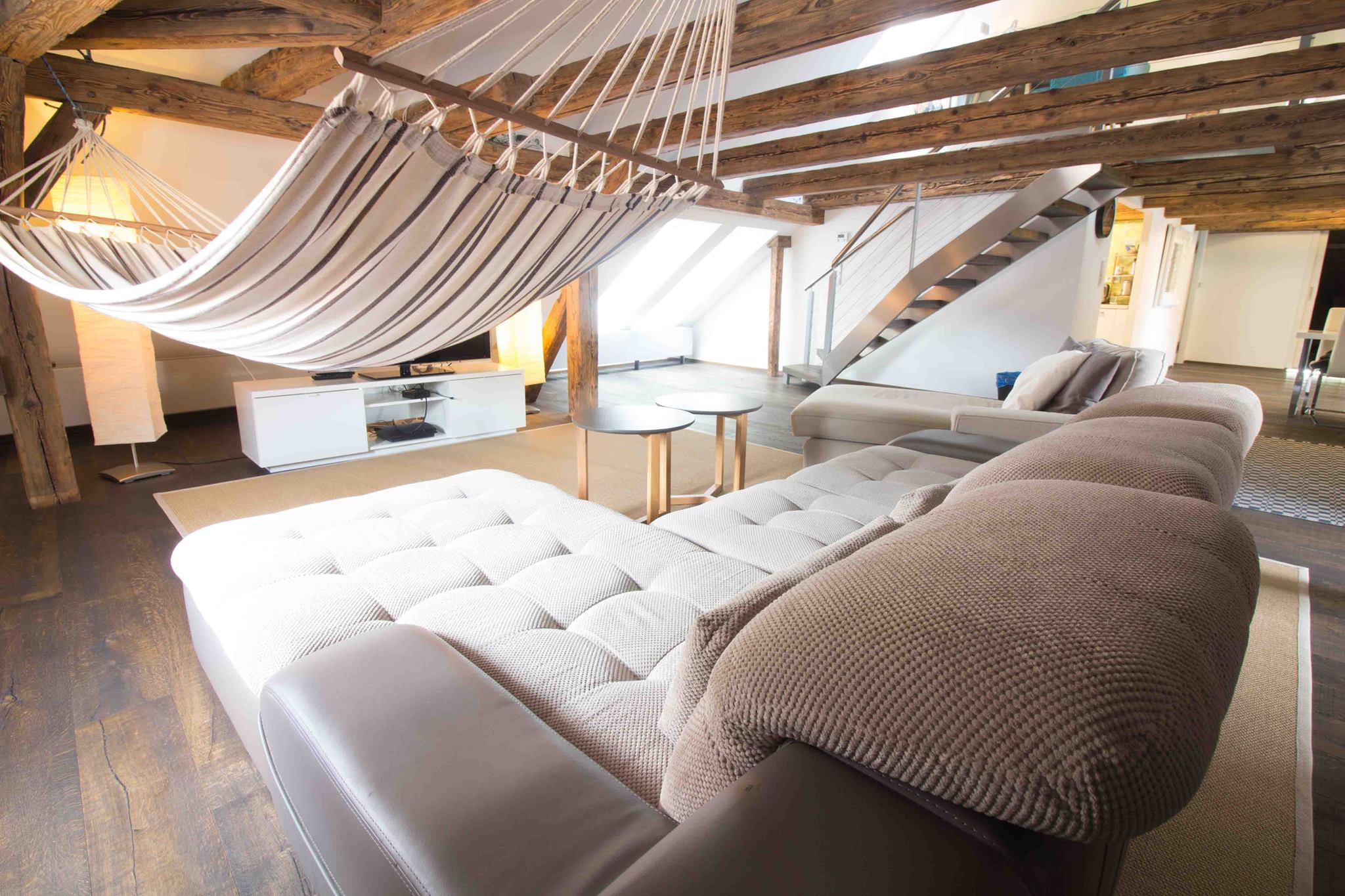Back in 2010 I launched a tour company for students in Europe, called Weekend Student Adventures. On one of my early transatlantic flights, I was paging through British Airways’ inflight magazine, and I came across a sidebar which I cut out and resolved to put to use in the coming weeks as I kicked off my tours. The subject: a groundbreaking business concept that allowed residents to host strangers in their apartment on an air mattress or in a spare room, and they called it ‘Airbnb’.
At the time, this little-known start up grew from an idea by two roommates who saw demand for beds and they had a need themselves: to make rent on time. By developing a platform to connect travelers and local hosts, Airbnb has become a colossal multi-billion dollar brand. Making waves around the world, opening up new revenue streams for home owners, while often being accused of crushing local culture through rent price spikes in cities like Venice, Barcelona and Boston.
In my early days of traveling on Airbnb, I got the sense hosts were really committed to the intercultural exchange. Airbnb hosts saw this is a chance to invite the world into their home and share stories with new international friends. Over time, the hosts have evolved into viewing their Airbnb operations as a serious money-maker, either for a business or to help grow their own savings. It’s still possible to find the diamonds in the rough if you look closely.
This is why, when I search on Airbnb, I look for a few things:
A new host doesn’t necessarily mean a bad host. A lack of reviews often mean cheaper pricing than the location potentially deserves. The Airbnb algorithm encourages hosts to underprice their new locations to generate traffic, happy guests and more reviews. Just make sure the photos pass the test.
I pay attention to the name of the apartment. If it’s denominated with any sort of number, it likely means the location is part of a larger operation--meaning that your Airbnb travel will be more like staying in a hotel. For business travelers, that’s great (and often times just the point!), but for others, it lacks a personal touch.
Another “large operation” clue is to see if the property is managed by a third party or individual manager.
My Airbnb hosting story started in Prague, where my friend Taylor and I rented out several apartments with the intent of subletting them out to short-term visitors. Of course it doesn’t take long in Prague for there to be problems with the neighbors. Accusations of drunk guests passed out in the stairwell, things falling from windows and lost guests knocking on the wrong door soon became commonplace. Needless to say those apartments didn’t last forever, but they were beautiful!
Taylor and I would float between the various locations, blocking out the last of the four apartments to ensure we had a couple beds ourselves each day of the week. In exchange for the headache of floating around to different locations in the city, we both cleared several thousands dollars a month from this operation beyond covering the expense of all the rents.
Then Chinese and Russian money started flooding the city, buying up buildings and turning them into IKEA hotels. I saw the writing on the wall and decided to divest from the operations there.
It wasn’t until 2-3 years later that I purchased a penthouse apartment in Medellin, Colombia that I had an opportunity to get back into the hosting game. I’ve learned quite a few things in the process, the details which will have to be saved for another time. Long story short--hosting on Airbnb is not free money, but it’s money. And at this stage, I’m ok with turning my home into a temporary revenue generator while I’m in Europe working or home with family in Seattle.
You can find my Airbnb listing here.
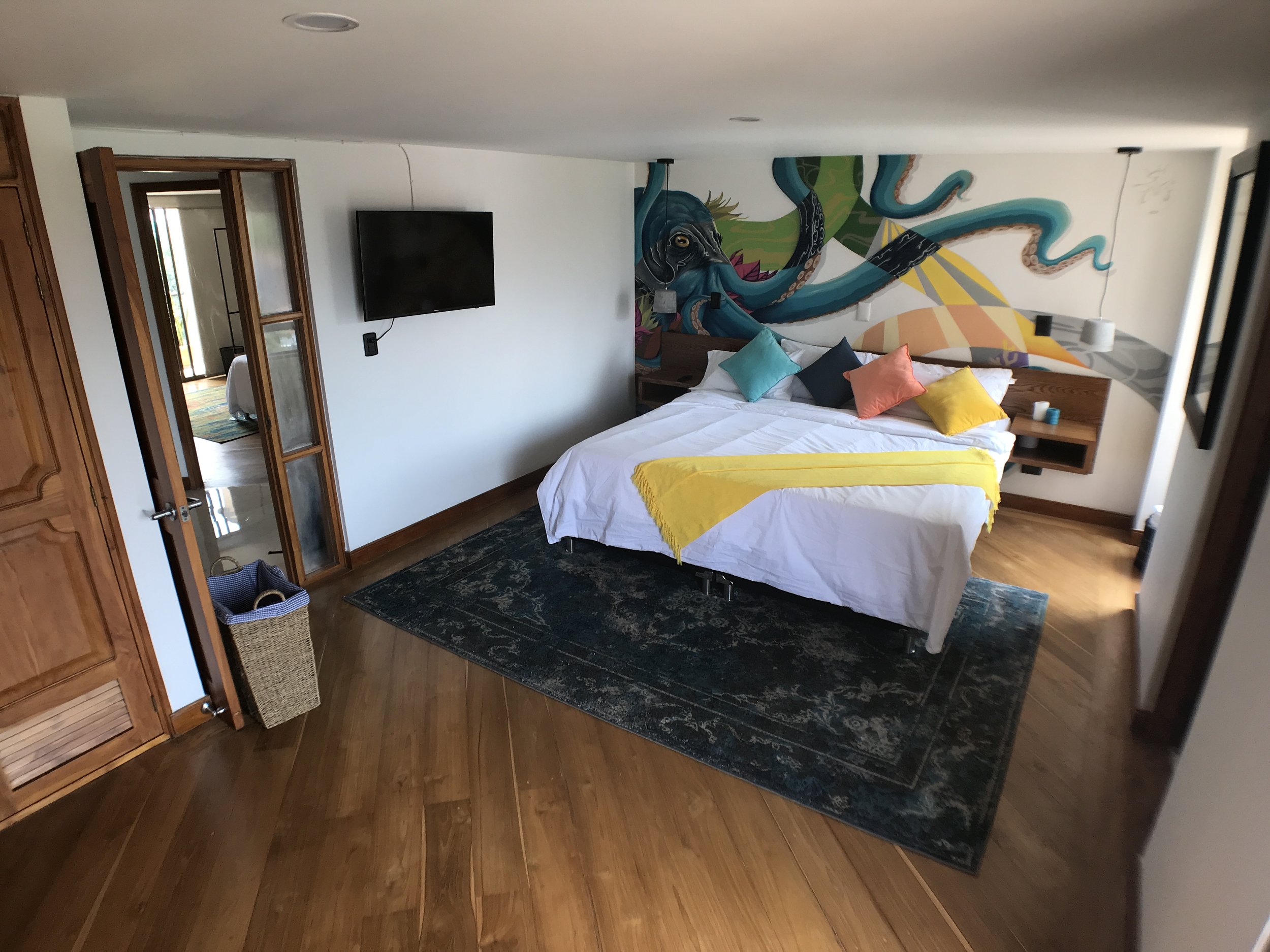
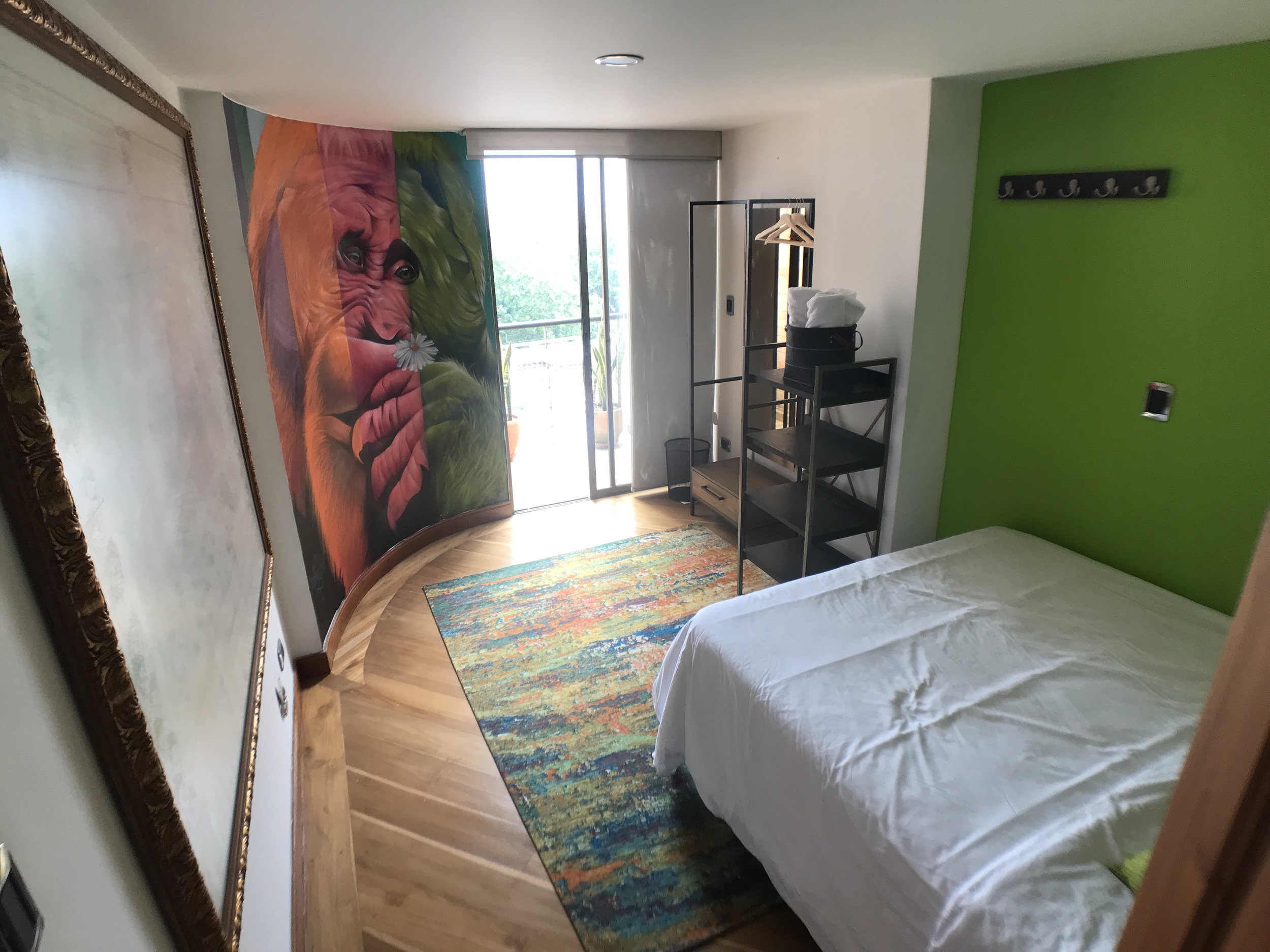

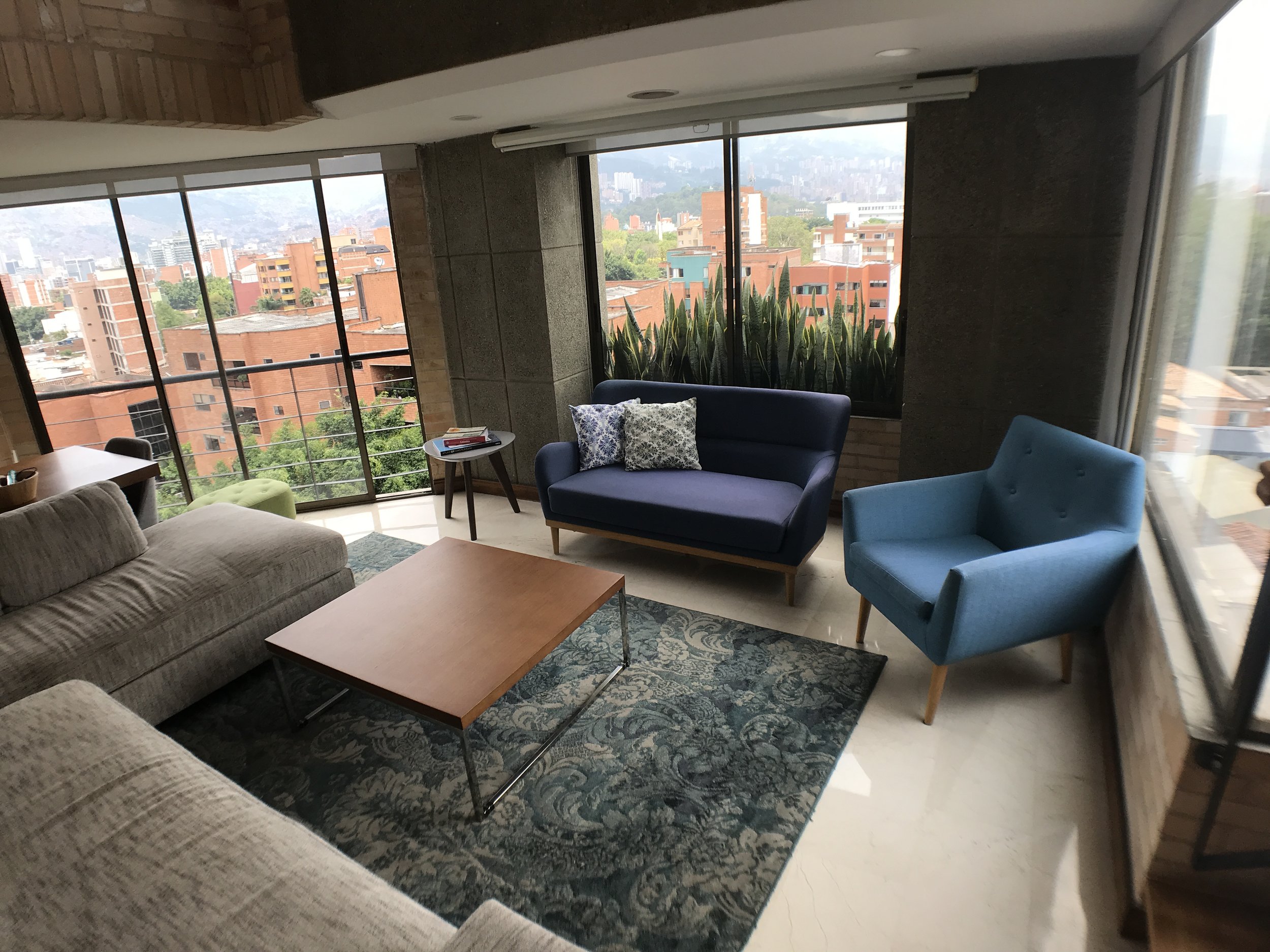
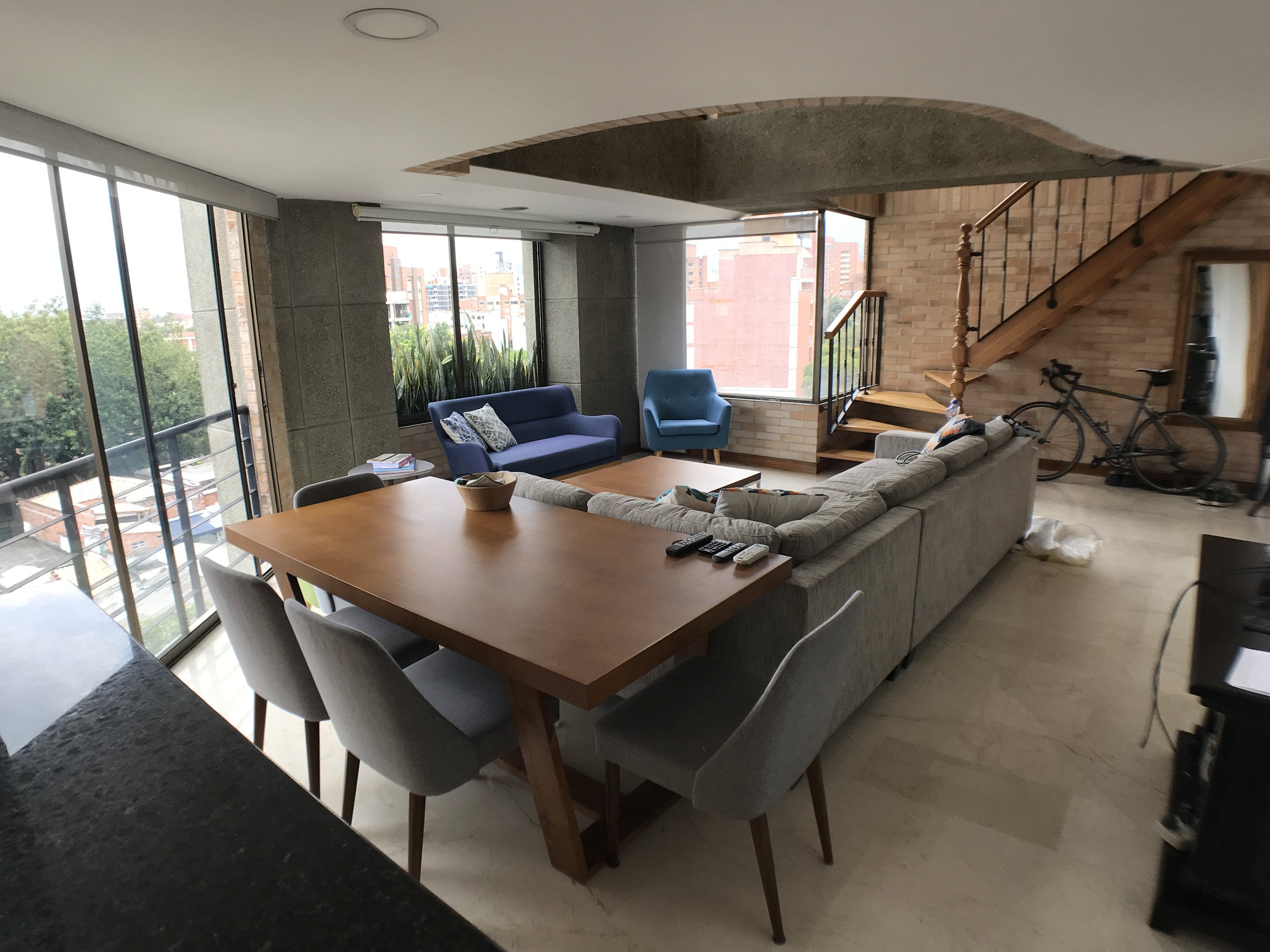
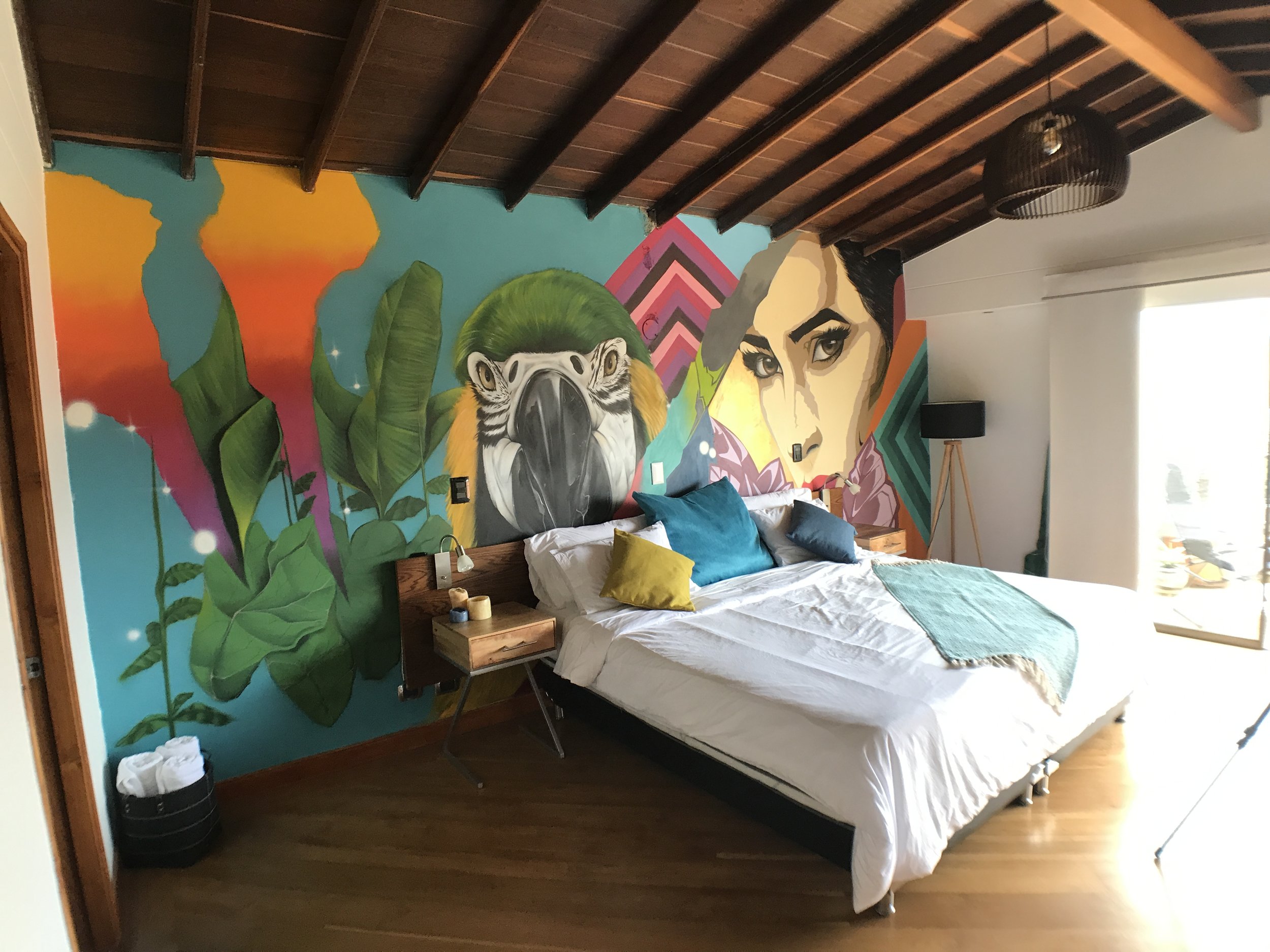
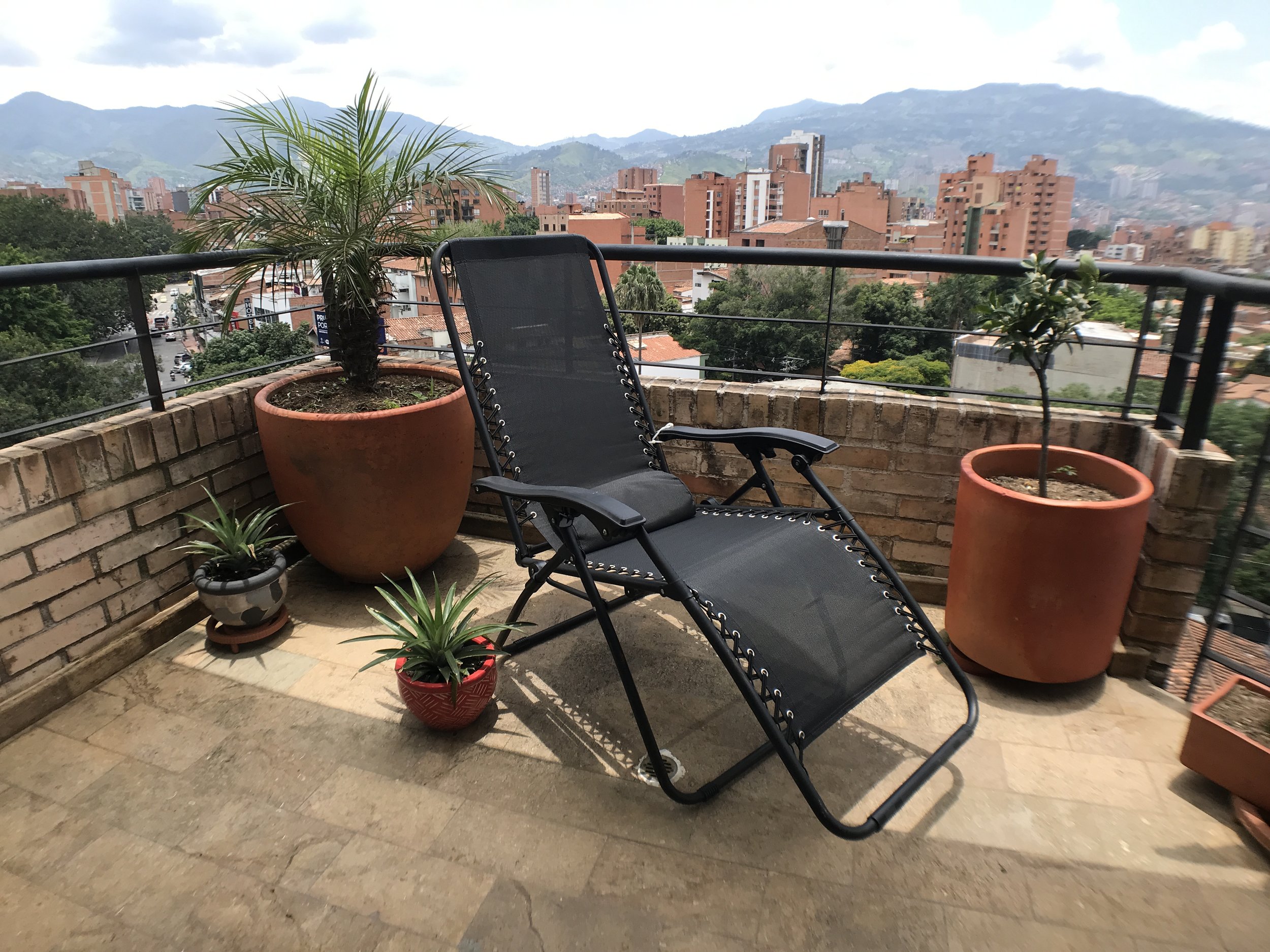
I’m working to continue working on a series of blog entries for new Airbnb hosts. In the mean time- Check out the basics of hosting on Airbnb here.


